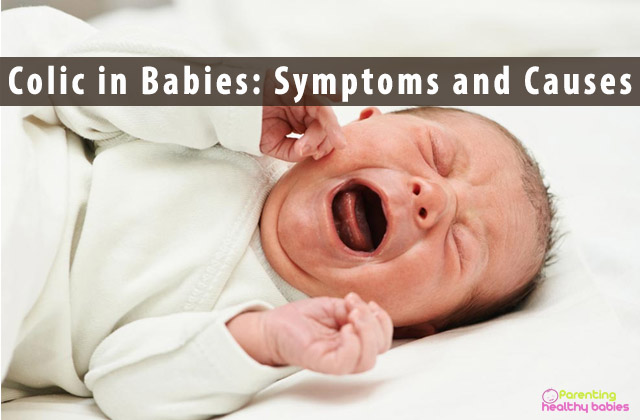
Parents must ensure that children who take multivitamins get the recommended daily dose of vitamins and minerals they need, including Vitamins A, C, D, and K, B vitamins, iron and calcium.
Vitamin D and Calcium: For children,Vitamin D is extremely important to take as it plays a great role in developing strong bones. Children who don’t get enough Vitamin D and calcium in their food should get it from a supplement of Vitamin D. About 400 IU per day is good for kids.
Along with multivitamins or supplements that contain Vitamin D or calcium, parents often add other supplements to their children’s food, such as fish oil supplements, fortified Vitamin C, fibre and antioxidants.
Fish Oil Gummies: Fish rich in omega-3 fatty acids include trout, salmon and herring. However, not all kids eat these fish, though they have the power to prevent heart disease, stimulate brain development and prevent other diseases. Though they aren’t harmful, gummy vitamins with fish oils can be given to kids who need them.
Vitamin C Gummies: Almost all vitamins include Vitamin C. Kids who drink fruit juices get enough of Vitamin C through them. However, parents might want to give their children a little more Vitamin C through supplements to fight colds.
Gummy Supplements: Fibre and antioxidants are two more supplements for kidsin gummy form that parentsgive their kids. Parents give their children not just Vitamin C but other antioxidants like Vitamins A and E also to boost their immunity and fight infection.
Kids who don’t eat fruits and vegetables don’t get enough fibre in their diet. Doctors now say that kids should have a daily intake of 14 gm of fibre for every 1,000 calories eaten. If children don’t get enough fibre from their diet, they should include fibre supplements in their diet.
Health Concerns with Gummy Vitamins
Generally, children don’t need multivitamin supplements, unless they are picky eaters or have some other deficiency.Even if they do need multivitamin supplements, all supplements aren’t made to be equal.
There are as many brands in the market of gummy vitamins as there are variations in the nutrients they contain. For example, some brands contain 23 vitamins and minerals, while others have just 14. Yet others contain DHA, fibre and omega 3 fatty acids. However, what they all lack is iron.
Decaying teeth: Gummy vitamins are made with sugar syrup, which prove very bad for children’s growing teeth. Children love their sweet taste and smooth texture and find them hard to resist. Besides, they are made with artificial colours, flavours and sugar make them tastier. So far, so good, but when they begin to stick to the surface and between the teeth of little kids, children are in great pain to have them removed if they don’t take good care of their teeth—something they don’t know how to do at their tender age.
Candy—a safety risk for kids: Gummy vitamins are also sold in another avatar—as gummy candy. And though it’s not as simple as packaging vitamins in another form, it means a safety risk for kids. Children and their parents don’t realize that gummy vitamins aren’t like any other candy. Actually, they should be seen as medicine instead of candy.
Yet again, the absence of iron as a nutrient is seen, making it unsafe to eat. Apart from this, Vitamins A and D, niacin and calcium can all be dangerous for children to consume in large amounts. It could lead to problems of the heart, liver, nerves and a high risk of cancer.
Usually, vitamins leave the body when excreted out as waste, but others that aren’t are known as fat soluble vitamins. They are stored in the fat reserves of the body and are released when required. If a child eats too many gummy vitamins over a protracted period, it could mean a dangerously high build-up of such vitamins.
Secondly, the fact that gummy vitamins look like candy and taste like it too, eating it doesn’t mean a child has been given good eating habits. Considering childhood obesity is on the rise, parents should be careful about the food habits they give their children.
Precautions
Whether to give children gummy vitamins believing they are multivitamins is purely a parent’s decision. But having opted to let their children eat them, there are certain precautions parents should adopt for their children’s safety.
Dentists confirm the overriding number of cavities seen in children’s mouths once they are introduced to gummy vitamins. To prevent this, makers of these products suggest that children take them with their meals and brush their teeth later. This will get rid of the sugary sticky vitamins, and their teeth will remain clean.
In order to reduce their usage, parents should regard them as medicine and keep them away from children where they won’t be tempted to snatch a few at a time. It’s also seen as a good idea for one parent to be in charge of handing out medicine, to avoid the chance of overdosing.
If given sparingly, it is safe for kids to eat gummies. But parents should see the worth of children eating vitamins through the vegetables and meats they eat rather than from sugary commercial products.
Although adding gummy vitamins to a child’s diet in order to give him all the necessary nutrients, it’s neither necessary nor beneficial. By eating a nutritious diet, your child will eat all the necessary nutrients. If you add a supplement to a vitamin and mineral rich diet, your child may risk having too many nutrients. Instead, children should be given vegetables, fruits, lean protein, dairy products and whole grains.
References:












